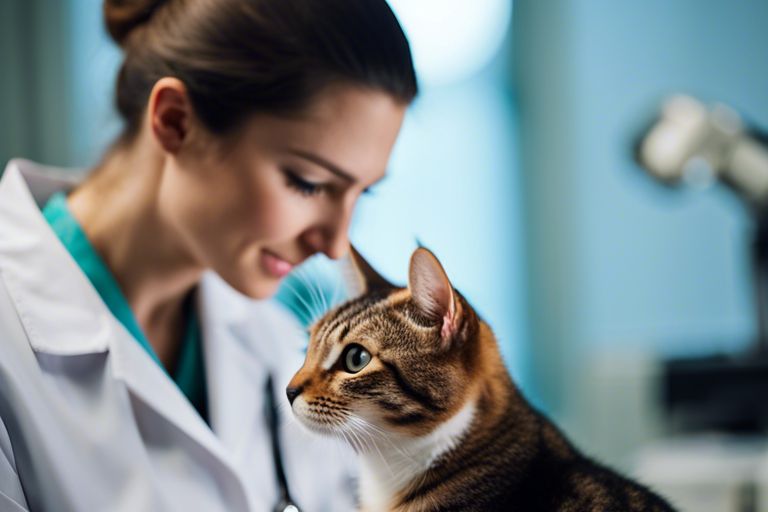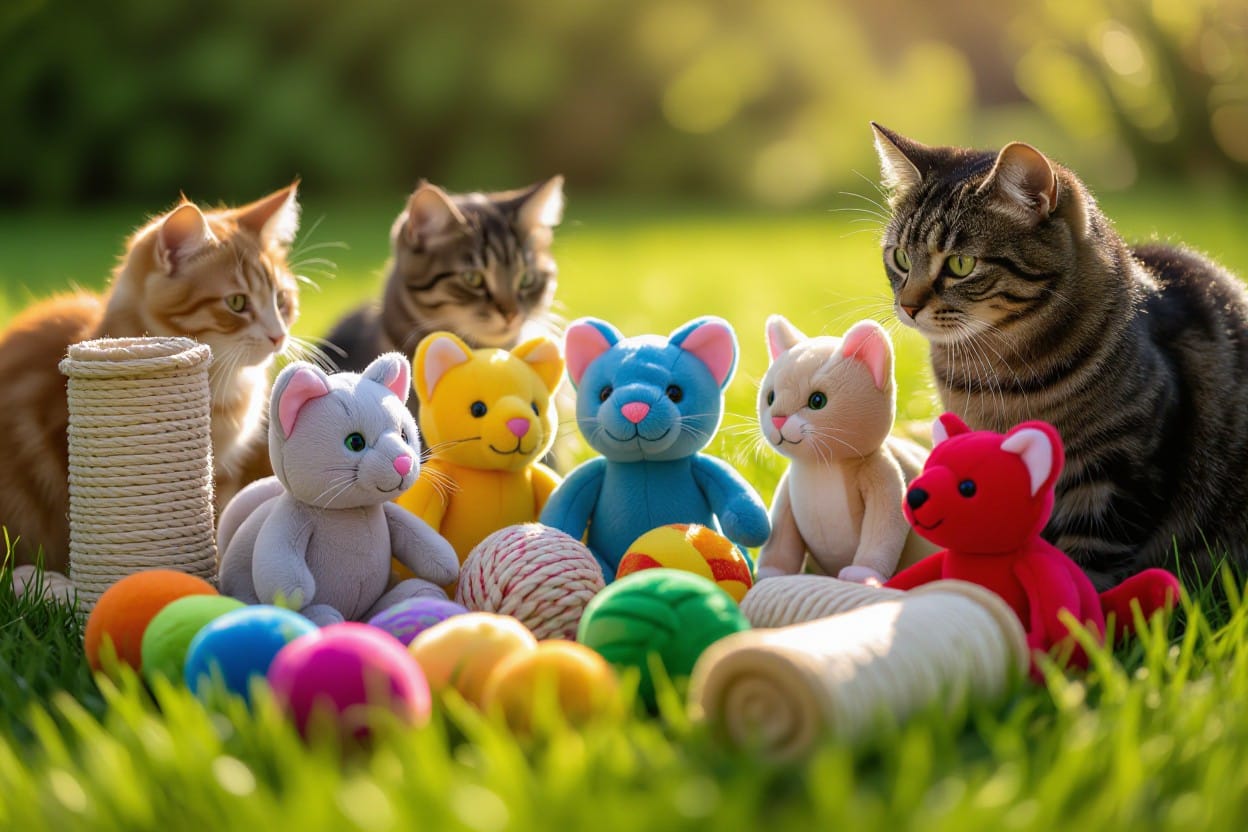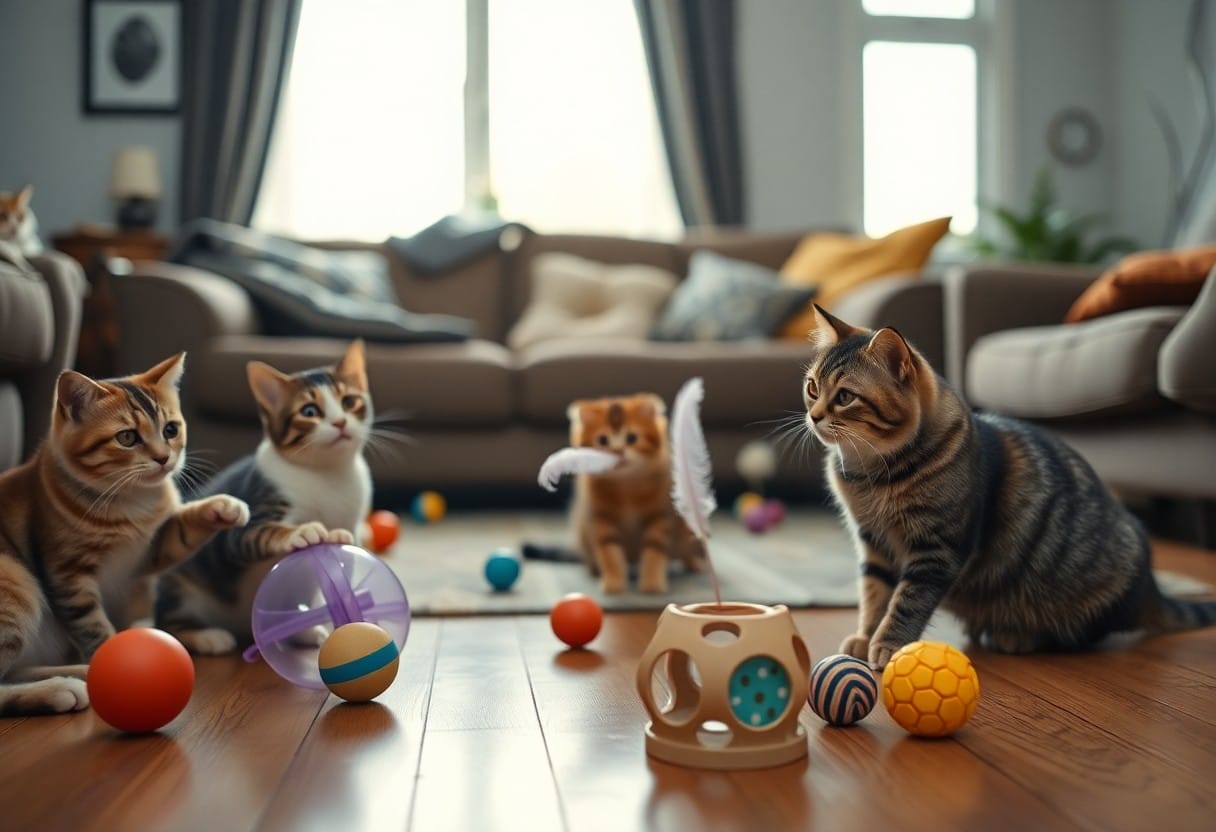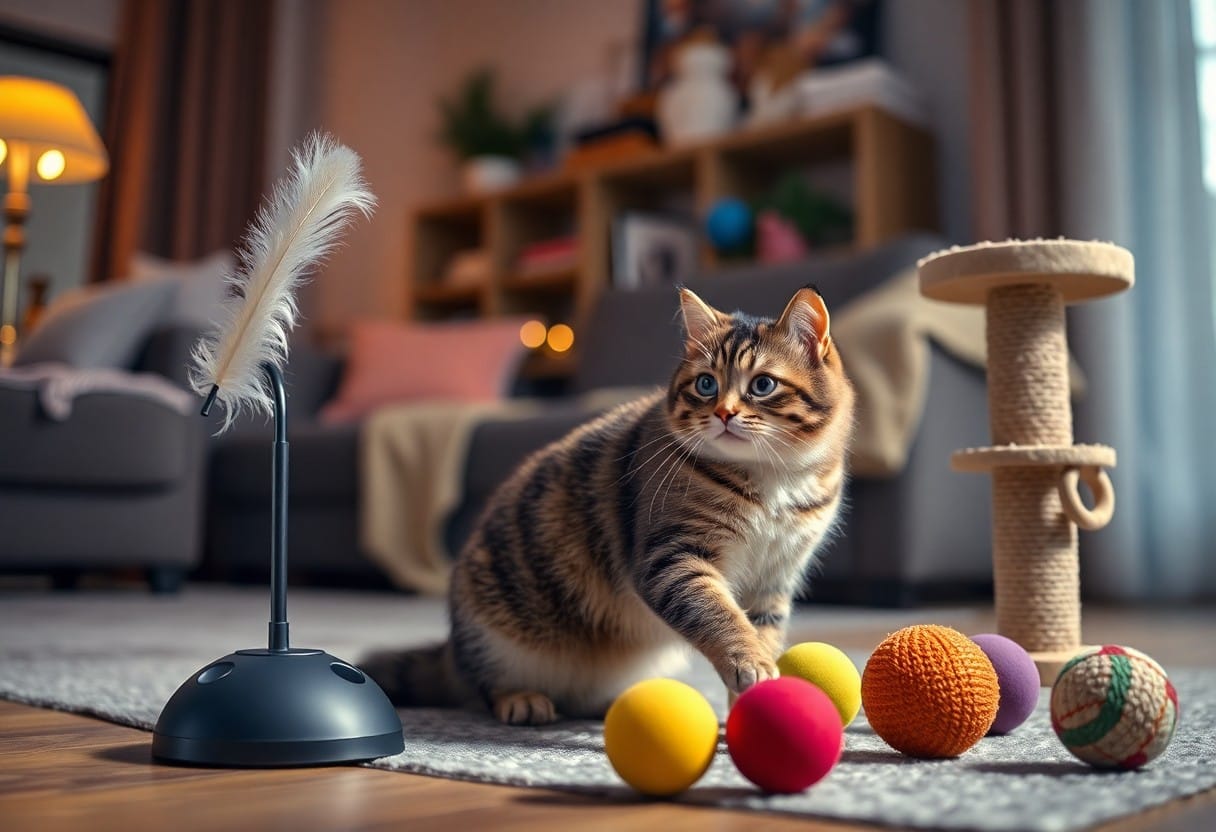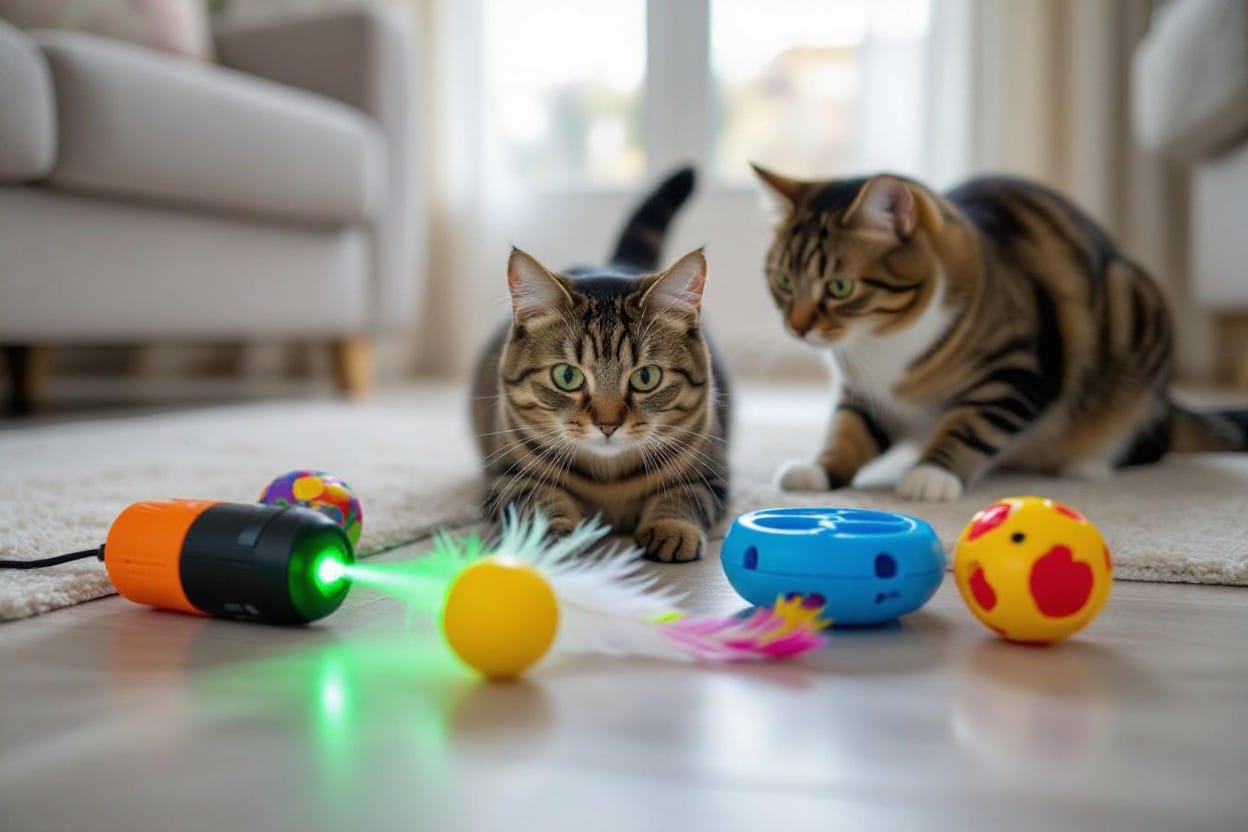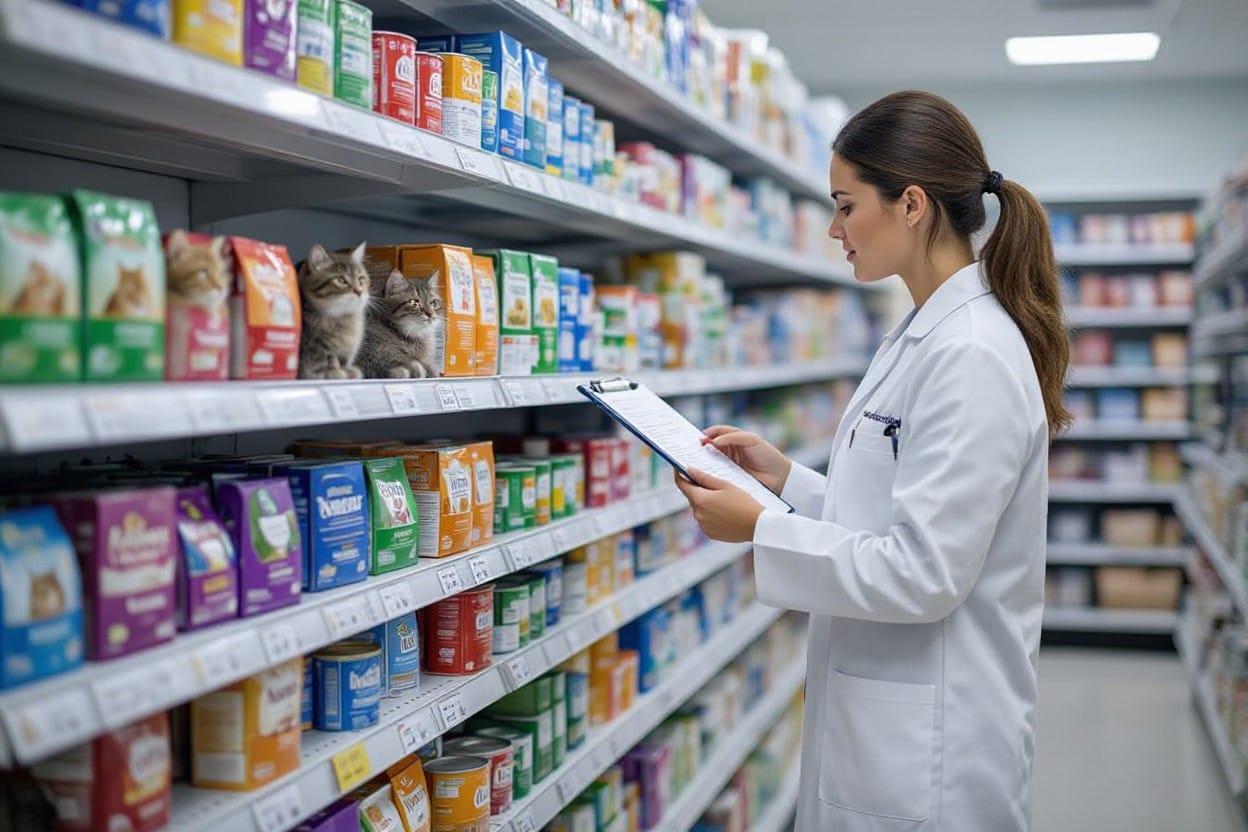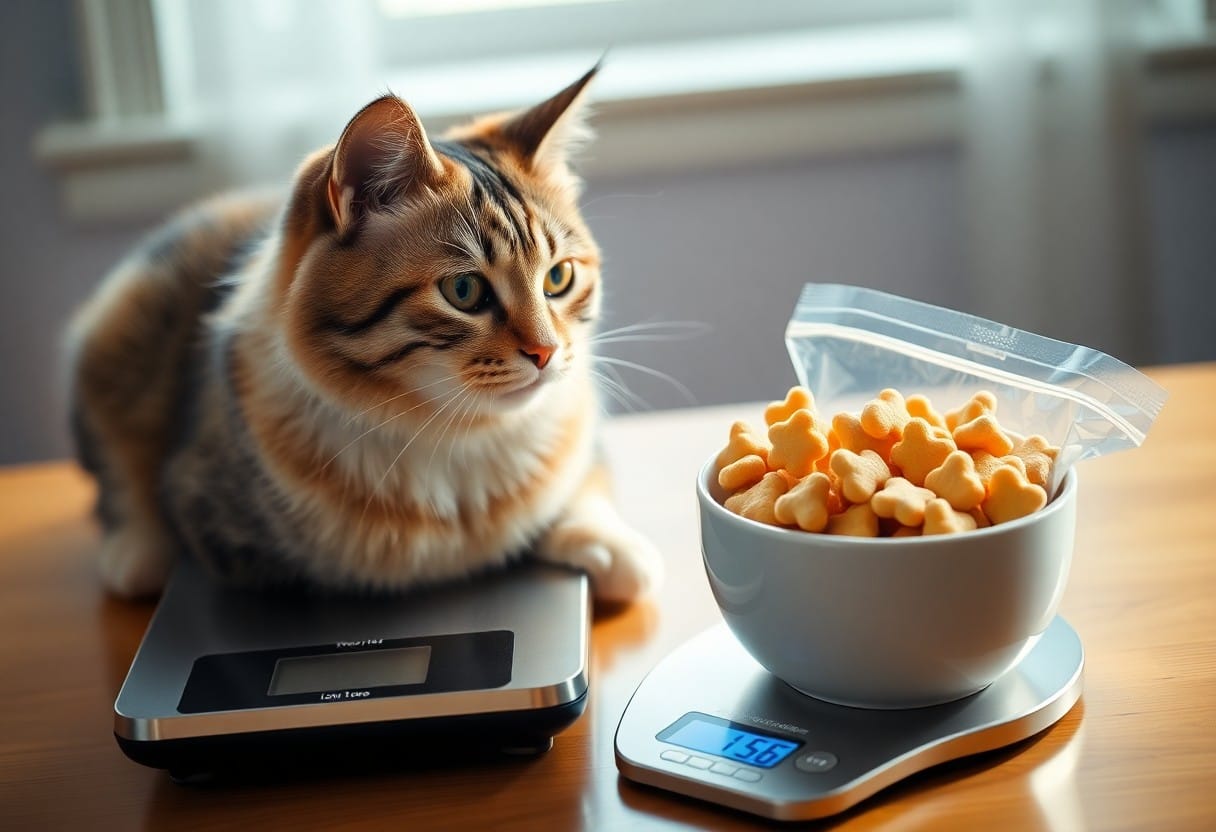Vet check-ups are an vital part of maintaining your cat’s health and well-being. Just like humans, cats need regular medical check-ups to ensure they are in good health and catch any potential issues early on. These check-ups not only help prevent illnesses but also can detect any underlying health concerns that may not be apparent to the untrained eye.
During a vet check-up, your cat will receive a thorough physical examination, vaccinations, and any necessary screenings to keep them healthy and happy. Recall, prevention is always better than cure when it comes to your cat’s health, so make sure to schedule regular check-ups with your veterinarian to keep your furry friend in tip-top shape.
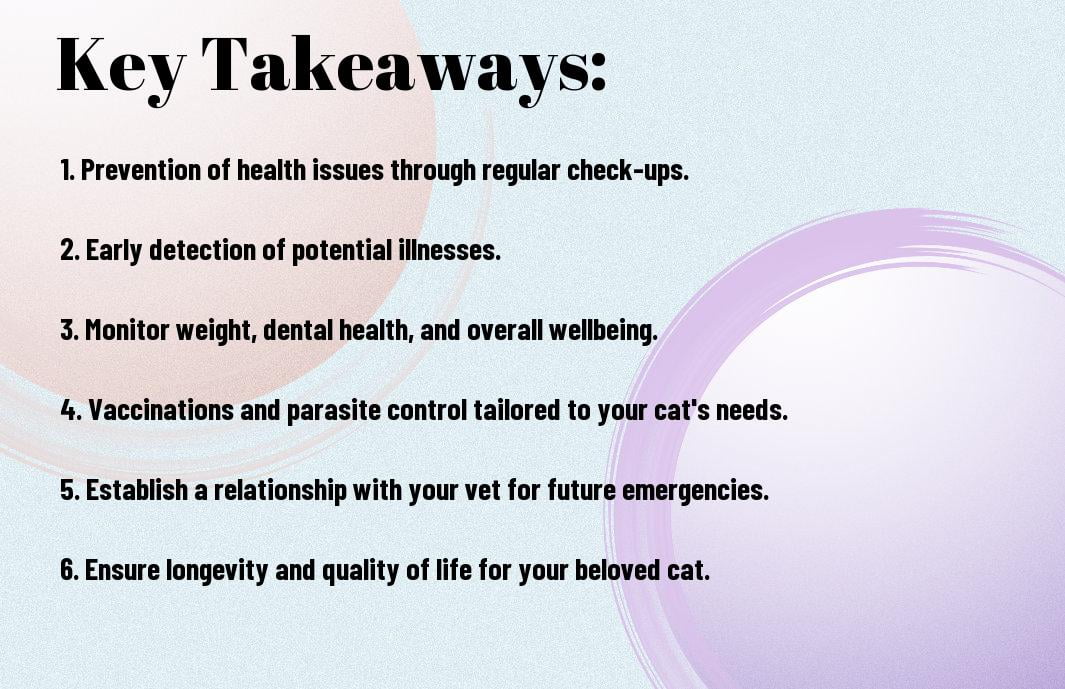
Understanding the Needs of Your Cat
While owning a cat can be a rewarding experience, it is imperative to understand the specific needs of your feline companion to ensure they live a healthy and happy life. Cats have unique dietary requirements, grooming habits, and health concerns that need to be addressed to maintain their overall well-being.
Life Stages of Cats and Their Health Implications
To provide the best care for your cat, it is crucial to consider their life stage and the associated health implications. Kittens require a different diet and level of care compared to adult cats. Regular check-ups with the vet are vital, especially during the kitten stage, to monitor their growth and development.
Common Health Issues in Cats
Cats can develop a variety of health issues throughout their lives, including dental problems, obesity, and urinary tract infections. It is imperative for cat owners to be aware of these common issues and take preventive measures to keep their feline companions healthy. Regular dental cleanings, a balanced diet, and ample hydration can help reduce the risk of these health concerns.
Understanding the signs and symptoms of common health issues in cats can help pet owners detect problems early and seek veterinary treatment promptly. Ignoring potential health issues can lead to more significant problems down the road, so staying proactive and observant is key to ensuring your cat’s well-being.
Benefits of Regular Vet Check-ups
Early Detection of Diseases
The importance of regular vet check-ups for your cat cannot be overstated, especially when it comes to early detection of diseases. Cats are masters at concealing signs of illness, making it challenging for pet owners to notice any health issues until they become serious. Regular vet visits can help catch any potential health concerns before they escalate, allowing for prompt treatment and a better prognosis for your feline friend.
Vaccinations and Preventative Care
To ensure your cat stays healthy and protected from common diseases, vaccinations and preventative care are vital. During regular vet check-ups, your veterinarian can administer necessary vaccines to safeguard your cat against harmful viruses and other illnesses. Additionally, preventative measures such as flea and tick prevention can be discussed and implemented to keep your cat safe from parasites that can cause health issues.
Regular vaccinations are crucial to prevent your cat from contracting serious diseases that can be costly to treat and potentially life-threatening. By staying up to date with vaccinations and preventative care, you are taking proactive steps to keep your cat healthy and happy for years to come.
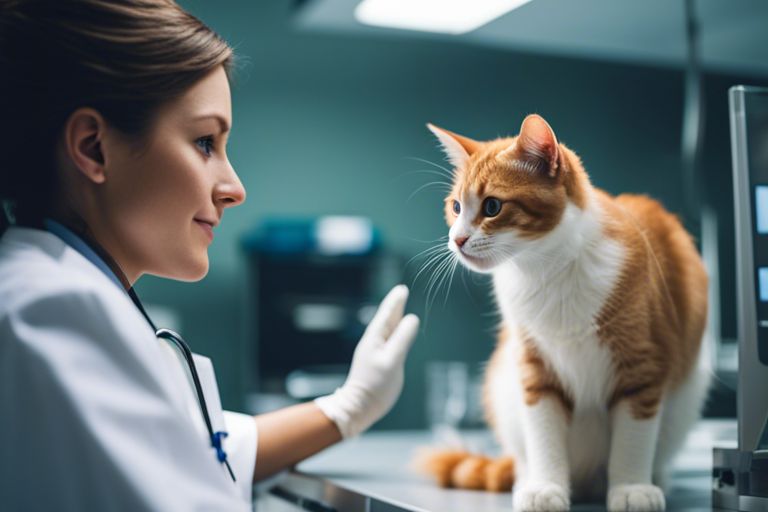
Frequency of Vet Visits
Unlike dogs, cats are notorious for hiding signs of illness, making it crucial to have regular vet check-ups to ensure their health and well-being. The frequency of vet visits for your cat will depend on their life stage and overall health.
Kitten to Adult Cat: Establishing a Schedule
Establishing a schedule of regular vet visits is necessary for kittens and adult cats. Kittens require more frequent visits during their first year of life to monitor their growth, vaccinations, and overall health. Typically, kittens should see the vet every 3-4 weeks until they are around 4 months old. Once they are adults, an annual check-up is usually sufficient. However, older cats or those with existing health issues may require more frequent visits.
Senior Cats: Special Considerations
On the other hand, senior cats require special considerations when it comes to vet visits. As cats age, they are more prone to developing age-related conditions such as arthritis, kidney disease, or dental issues. Therefore, it is recommended for senior cats to see the vet at least twice a year or more often if they have ongoing health problems.
This ensures that any potential issues are detected early and managed effectively, giving your senior cat the best quality of life in their golden years.
What to Expect During a Vet Visit
Physical Examinations and Typical Tests
Physical examinations are a crucial part of every vet visit for your cat. The vet will carefully check your cat’s overall health, including their weight, body condition, skin, coat, eyes, ears, and mouth. They will also listen to your cat’s heart and lungs to check for any abnormalities. Additionally, the vet may recommend typical tests such as blood work or a urine sample to further assess your cat’s health.
Discussion with the Veterinarian
During your vet visit, you can expect to have a thorough discussion with the veterinarian about your cat’s health. Be prepared to share any changes in your cat’s behavior, eating habits, litter box usage, or any other concerns you may have. The vet will take the time to address your questions and provide guidance on how to best care for your cat.
Typical topics that may be covered during your discussion with the veterinarian include nutrition, vaccination schedules, parasite prevention, dental care, and any necessary follow-up appointments or treatments. It’s important to actively participate in these discussions and follow the veterinarian’s recommendations to ensure your cat stays happy and healthy.
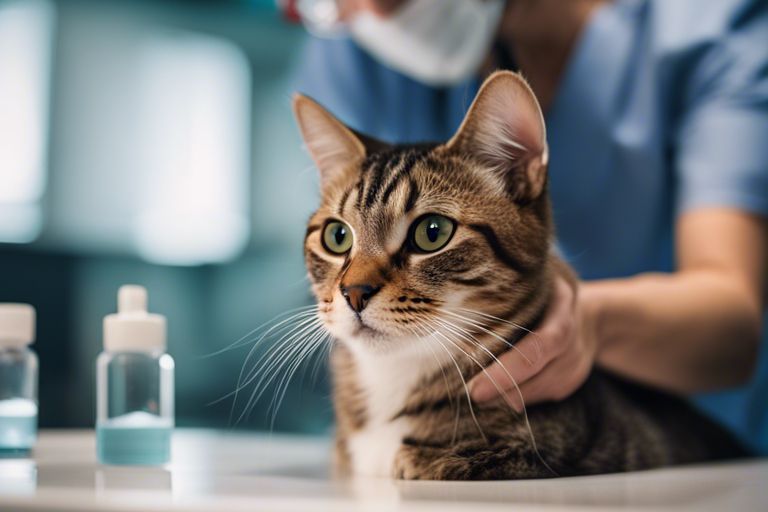
The Role of Nutrition and Weight Management
Not only is regular vet check-ups important for your cat’s overall health, but paying attention to their nutrition and weight management is also crucial. Proper nutrition plays a significant role in maintaining your cat’s health, well-being, and longevity.
Assessing Dietary Needs
Role of assessing your cat’s dietary needs cannot be overstated. Cats are obligate carnivores, which means they require a diet high in animal-based proteins. It’s necessary to choose a high-quality cat food that meets their nutritional requirements to support their specific needs, such as age, activity level, and any existing health conditions.
Addressing Obesity and Related Health Risks
Risks of obesity in cats can lead to serious health issues such as diabetes, arthritis, and heart disease. It’s crucial to monitor your cat’s weight and body condition regularly. If your vet determines that your cat is overweight, they can provide guidance on adjusting their diet and exercise routine to help them reach a healthier weight.
Plus, maintaining a healthy weight can also improve your cat’s quality of life, mobility, and overall well-being. By addressing obesity and related health risks proactively, you can help your feline companion live a longer, happier life.
Dental Health and Its Impact
Once again, one of the crucial aspects of your cat’s health that is often overlooked is their dental health. Many cat owners underestimate the importance of regular dental check-ups, leading to a range of dental issues that can impact their overall well-being.
Importance of Dental Check-ups
Regular dental check-ups for your cat are crucial to prevent dental diseases such as periodontal disease, tooth decay, and gum infections. These conditions can be painful for your cat and may lead to more serious health problems if left untreated. A thorough examination by a veterinarian can detect early signs of dental issues and allow for prompt treatment, saving your cat from unnecessary discomfort and potential complications.
Preventing Dental Diseases and Their Complications
An important aspect of preventing dental diseases and their complications is maintaining good oral hygiene for your cat. This includes regular brushing of their teeth, providing dental treats or toys, and ensuring they have a balanced diet that promotes dental health. Additionally, scheduling regular dental cleanings with your veterinarian can help remove plaque and tartar buildup, reducing the risk of dental issues developing.
Their overall health can also be affected by dental problems, as bacteria from the mouth can enter the bloodstream and cause infections in other organs. In severe cases, untreated dental diseases can lead to tooth loss, abscesses, and even systemic infections that can be life-threatening for your cat. By prioritizing your cat’s dental health and seeking regular veterinary care, you can help ensure they lead a happy and healthy life.
Behavioral Issues and Mental Health
After physical health, it is important to consider the mental well-being of your cat. Behavioral issues can arise due to various factors, including stress, anxiety, and other underlying health conditions. Regular vet check-ups play a crucial role in identifying and managing these behavioral issues to ensure your cat’s overall well-being.
Recognizing Signs of Stress and Anxiety
Stress and anxiety in cats can manifest in various behaviors such as excessive grooming, aggression, hiding, or changes in appetite. It is vital for cat owners to recognize these signs early on to address the underlying causes and prevent further complications. Behavior changes can be subtle, so paying attention to your cat’s habits and seeking veterinary advice can help in early detection and intervention.
How Regular Check-ups Can Help With Behavioral Management
Checkups are vital in monitoring your cat’s mental health and addressing any behavioral concerns. Veterinarians can conduct thorough examinations to rule out any underlying medical conditions that may be causing stress or anxiety in your cat. They can also provide guidance on behavior modification techniques, recommend appropriate medications if needed, and offer tips on creating a cat-friendly environment to promote mental well-being.
Regular check-ups not only help in managing existing behavioral issues but also contribute to preventing future problems. By addressing behavioral concerns early on, you can ensure a better quality of life for your cat and strengthen the bond between you and your feline companion.
Conclusion
With these considerations in mind, it is crucial for cat owners to prioritize regular veterinary check-ups for their feline companions. By scheduling routine visits, potential health issues can be detected early, leading to better outcomes and quality of life for the cat. Additionally, preventive care such as vaccinations and parasite control can help ensure your cat stays healthy and happy for years to come.
Keep in mind, our cats rely on us to provide them with the best possible care, and regular vet check-ups are a fundamental part of that. By working together with your veterinarian, you can help your cat live a long, healthy, and happy life.
FAQ
Q: Why are regular vet check-ups important for cats?
A: Regular vet check-ups are important for cats because they help detect any potential health issues early on, leading to better treatment outcomes and a longer, healthier life for your feline friend.
Q: How often should I take my cat to the vet?
A: It is recommended to take your cat to the vet at least once a year for a routine check-up. However, older cats or cats with existing health conditions may require more frequent visits as advised by the veterinarian.
Q: What happens during a routine vet check-up for cats?
A: During a routine vet check-up, your cat will undergo a physical examination, including checking their weight, temperature, heart rate, and overall health. The vet may also administer vaccines, perform blood tests, and recommend preventive treatments for parasites.
Q: How can regular vet check-ups save me money in the long run?
A: Regular vet check-ups can help catch any health issues early, preventing them from escalating into more serious and costly conditions. By investing in preventive care, you can avoid expensive treatments later on.
Q: What are some signs that my cat may need to see a vet before the scheduled check-up?
A: You should take your cat to the vet immediately if you notice any sudden changes in their behavior, appetite, litter box habits, or physical appearance. Other signs that warrant a vet visit include vomiting, diarrhea, lethargy, or difficulty breathing.
